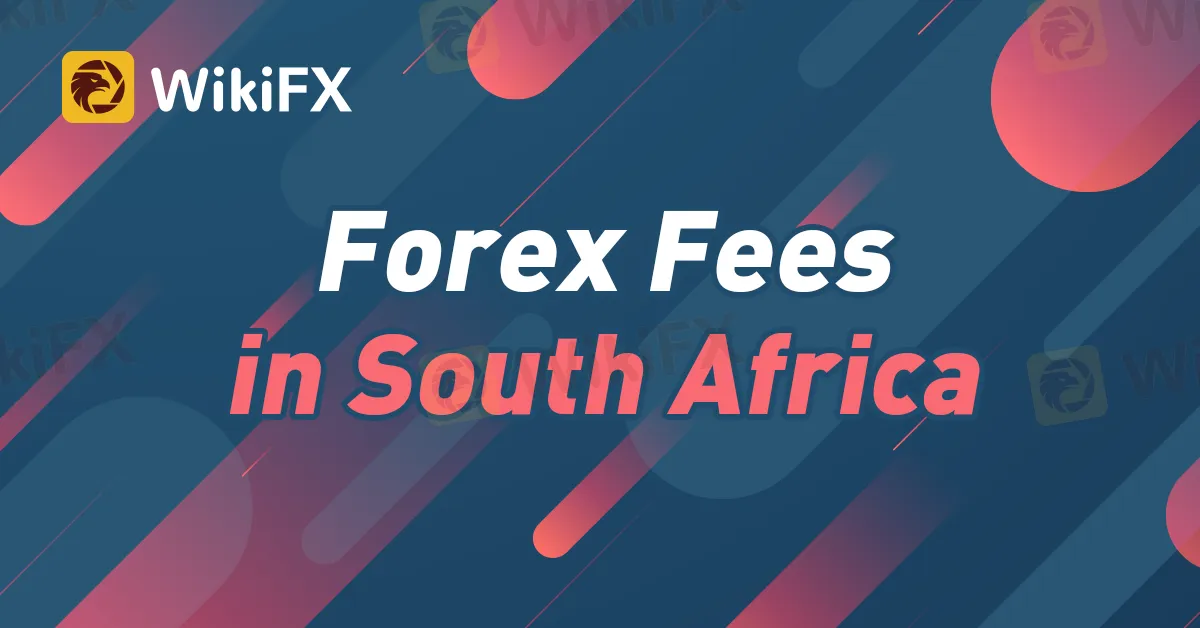简体中文
繁體中文
English
Pусский
日本語
ภาษาไทย
Tiếng Việt
Bahasa Indonesia
Español
हिन्दी
Filippiiniläinen
Français
Deutsch
Português
Türkçe
한국어
العربية
Forex Fees in South Africa
Abstract:Forex trading has become increasingly popular in South Africa in recent years, with many individuals looking to invest in global currencies and potentially make significant profits. However, with this rise in popularity comes a need for clarity on what traders are really being charged for forex in South Africa.

Forex trading has become increasingly popular in South Africa in recent years, with many individuals looking to invest in global currencies and potentially make significant profits. However, with this rise in popularity comes a need for clarity on what traders are really being charged for forex in South Africa.
The first thing to understand is that there are several costs involved in forex trading, and these can vary depending on the broker you choose and the type of account you open. The most common fees charged by forex brokers in South Africa include spreads, commissions, swap fees, and account maintenance fees.
The spread is the difference between the buy and sell prices of a currency pair, and this is where most brokers make their money. Generally, the tighter the spread, the better for the trader. Commissions are another common fee, and some brokers charge a fixed commission per trade or a percentage of the trade's value.
Swap fees, also known as rollover fees, are charged when a trader holds a position open overnight, and this fee is based on the interest rate differential between the two currencies being traded. Account maintenance fees are another cost to consider, and some brokers charge a monthly fee to keep your account active.
When selecting a forex broker in South Africa, it's important to look at all of these costs and compare them across different brokers to find the best value for your trading needs. It's also worth noting that some brokers may offer additional services, such as educational resources and trading tools, which can add value and potentially justify higher fees.
One resource that can help traders in South Africa find reliable and reputable forex brokers is WikiFX. WikiFX is a platform that provides information and ratings on forex brokers, including their regulatory status, trading conditions, and customer feedback. This can be a valuable tool for traders looking to make informed decisions about where to invest their money.
In conclusion, forex trading in South Africa can be a profitable venture, but it's important to understand the costs involved and compare them across different brokers. By doing your research and using resources like WikiFX, you can find a reliable and cost-effective forex broker that meets your trading needs.

Disclaimer:
The views in this article only represent the author's personal views, and do not constitute investment advice on this platform. This platform does not guarantee the accuracy, completeness and timeliness of the information in the article, and will not be liable for any loss caused by the use of or reliance on the information in the article.
Read more

The Hidden Checklist: Five Unconventional Steps to Vet Your Broker
Forex broker scams continue to evolve, employing new tactics to appear credible and mislead unsuspecting traders. Identifying these fraudulent schemes requires vigilance and strategies beyond the usual advice. Here are five effective methods to help traders assess the legitimacy of a forex broker and avoid potential pitfalls.

What Are The Common Types of Unregulated Forex Brokers?
Protect your investments from unregulated forex brokers with these tips. Learn about red flags, scams, and how the WikiFX app ensures safe trading experiences worldwide.

Pros and Cons of Choosing Unregulated Forex Brokers
Discover the pros and cons of unregulated forex brokers, explore risks, benefits, and key features, and learn how to evaluate their credibility with the WikiFX app.

5 Questions to Ask Yourself Before Taking a Trade
Before executing any trade, traders should pause and ask themselves critical questions to ensure they are making rational and well-informed decisions. Here are five questions to help you reflect on your strategy, manage risk, and control emotions before entering the market.
WikiFX Broker
Latest News
AIMS Broker Review
The Hidden Checklist: Five Unconventional Steps to Vet Your Broker
YAMARKETS' Jingle Bells Christmas Offer!
Why is there so much exposure against PrimeX Capital?
Russia to Fully Ban Crypto Mining in 10 Regions Starting January 1, 2025
Two Californians Indicted for $22 Million Crypto and NFT Fraud
WikiFX Review: Is Ultima Markets Legit?
Colorado Duo Accused of $8M Investment Fraud Scheme
MTrading’s 2025 "Welcome Bonus" is Here
FCA's Warning to Brokers: Don't Ignore!
Currency Calculator



